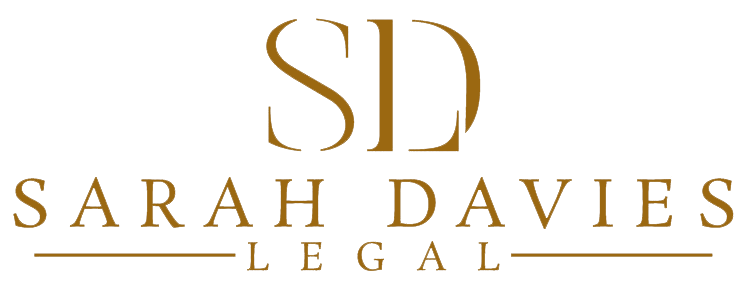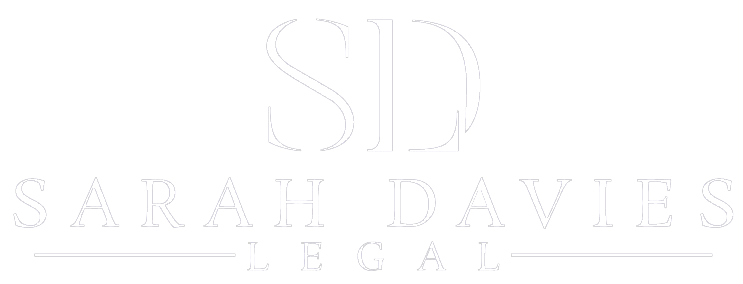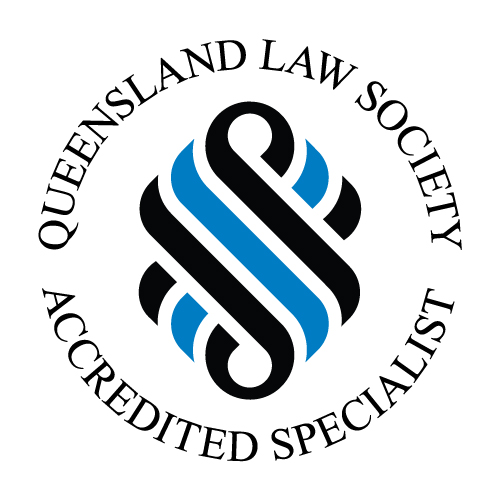Australian Consumer Law
It is unlawful for a business to make false or misleading representations about goods or services when supplying, offering to supply, or promoting those goods or services (section 29 of the Australian Consumer Law (ACL)). Whether a representation is false or misleading will depend on the circumstances.
The ACL specifically says a business must not make false or misleading representations about the following:
- The standard, quality, value or grade of goods or services.
- The composition, style, model or previous history or use of goods.
- Whether the goods are new.
- A particular person agreeing to acquire goods or services.
- Testimonials by any person relating to goods or services.
- The sponsorship, approval, performance characteristics, accessories, benefits and uses of goods or services.
- The price of goods or services.
- The availability of repair facilities or spare parts.
- The place of origin of a product.
- A buyer’s need for the goods or services.
- Any guarantee, warranty or condition on the goods or services.
- The requirement to pay for any guarantee, warranty or condition on the goods or services.
Bait advertising would be caught under this prohibition (ie advertising goods at a certain price when the business does not have a reasonable supply for customers to buy).
Sharp practice
In 2014, the ACCC prosecuted Scoopon for misleading conduct. Scoopon is an online retailer. The court found that it made false or misleading representations to consumers in relation to the following circumstances:
- Scoopon had told customers they had no refund rights when they attempted to redeem a Scoopon voucher for particular services that were not available. The remedy available under the ACL where a good or service fails to meet the statutory consumer guarantees cannot be excluded. Therefore, advising consumers there was no refund available to them constituted misleading or deceptive conduct.
- Scoopon was found to have made misleading representations in relation to the price of goods which it sold on its website. As an example, Scoopon advertised a three-piece set of luggage, with the words “three-piece set” and “$155” without any qualification. Only the smallest piece of the three-piece set was available as a single item for $155. The complete set cost $499. The court had no trouble in finding that this representation was misleading.
Scoopon was ordered to pay a $1 million pecuniary penalty and to conduct an educational seminar on compliance with the ACL.
Staff training
Businesses need to ensure that staff who are dealing with customers are properly trained in relation to the ACL.
In 2013, the ACCC brought court proceedings against Hewlett-Packard Australia Pty Ltd (HP) for misleading and deceptive conduct. The ACCC claimed that HP had made misleading representations to its customers about the remedies available to them if they found the products supplied by HP were not of acceptable quality.
The following representations were made by HP to consumers about the remedies available to them:
- Consumers were limited to remedies provided by HP at its discretion.
- HP products needed to be repaired multiple times before consumers were entitled to receive a replacement.
- The warranty period for HP products was limited to a specified express warranty period.
- Consumers were required to pay HP to repair products not of acceptable quality.
- Consumers could only return or exchange HP products purchased from its online store at the discretion of HP.
Most of the conduct occurred by HP staff in overseas call centres. Those staff were trained to provide information about the warranties which HP had agreed to provide, but were not informed about the non-excludable statutory consumer guarantees provided by the ACL. The consumer guarantees cannot be excluded, restricted or modified.
The court found that HP had contravened the ACL and made false or misleading representations about the consumer guarantees and the remedies available to consumers. HP had to pay a penalty of $3 million and was also required to publish information about consumer guarantees on its website, undertake corrective advertising on the home page of its website and online store and in national and major capital city newspapers for two consecutive Saturdays. It was required to establish a process to reassess and resolve any consumer complaints lodged in response to the corrective notices and advertising. It was also required to implement a compliance program.
Next steps
Whilst smaller organisations are much less likely to be prosecuted by the ACCC, and would be unlikely to have such large penalties imposed on them, it’s a salutary lesson for businesses about the importance of training staff to provide correct information to customers about their rights.
Please contact us if you have any questions in relation to the ACL and the way it impacts upon your business. We can provide specialised legal advice in relation to marketing and selling practices, and represent businesses in relation to claims brought by customers or regulators.
Sarah Davies
Director
Sarah Davies Legal
Accredited Specialist – Commercial Litigation
This article is produced as general information in summary for clients and should not be relied upon as a substitute for detailed legal advice or as a basis for formulating business or other decisions. Formal legal advice should be sought in relation to particular matters. Sarah Davies Legal Pty Ltd asserts copyright over the contents of this document.




